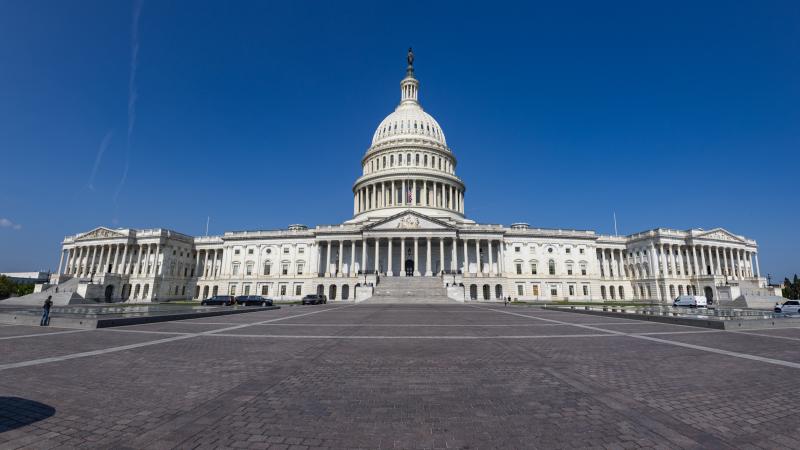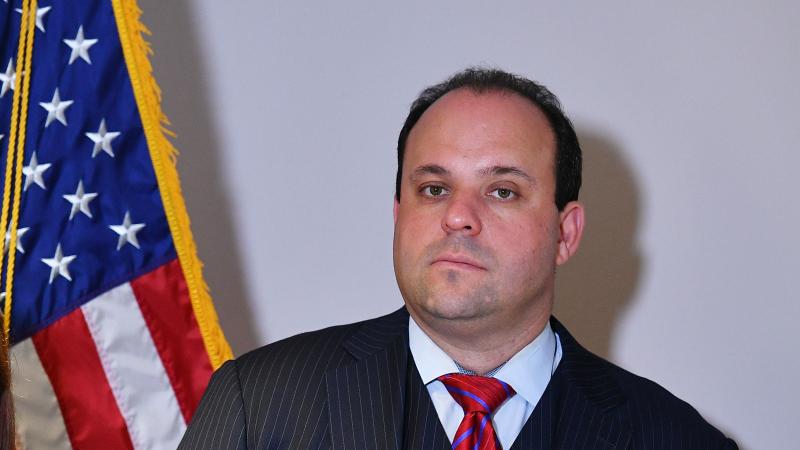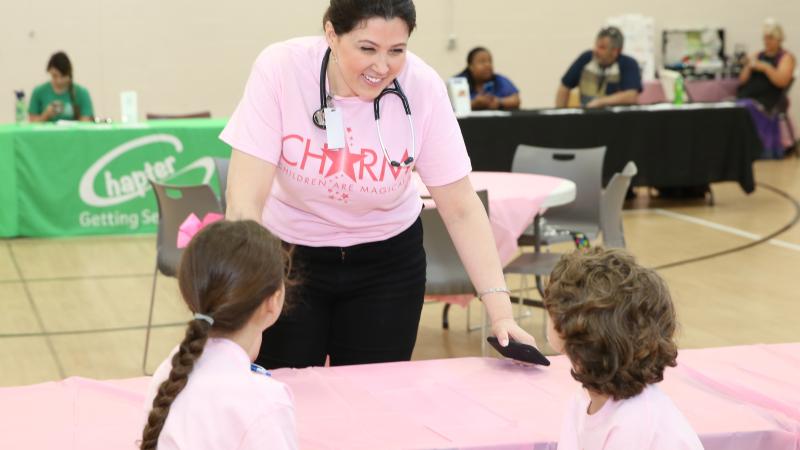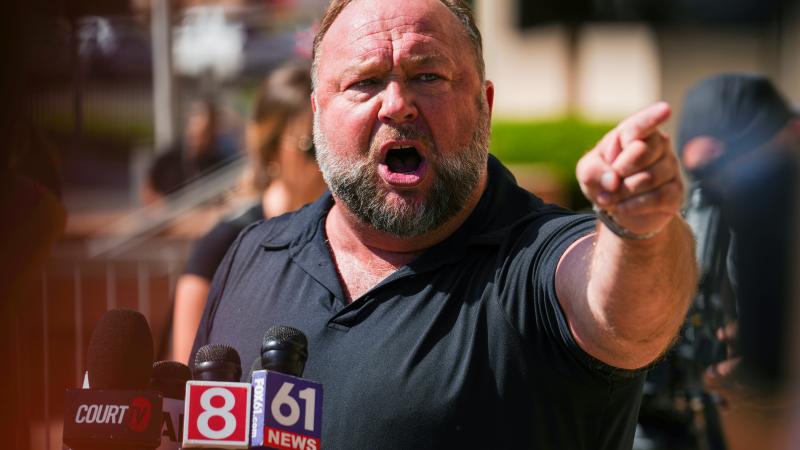Data shows Oregon prescribed kids puberty blockers 613% more per capita than CA
In Oregon, a 15-year-old can receive gender-affirming medical treatments without parental consent.
As states rush to either affirm or ban children’s right to gender-affirming care, such as sex reassignment procedures, new data shows Oregon among the top of the charts in providing the care.
Recent statistics disseminated by the nonprofit Do No Harm shows that roughly 13,394 minors underwent sex change treatments nationwide from 2019 to 2023. According to the data, the oldest child was 17 years old, with the youngest being 7 years old.
While nearly 38% of those kids came from California, New York, Washington and Ohio, Oregon came in right behind in terms of the total number of child “sex change patients” with 853. Based on 2020 census data, that’s roughly one child per 4,967 residents, or about 20 patients per 100,000 people, which includes adults.
“Like you, we want to protect children,” the nonprofit wrote on its website. “This tool will keep you informed of sex change treatments being performed on minors at healthcare facilities.”
DNH considers “sex change patients” as “the total unique children who underwent gender-affirming procedures or hormone/puberty blocker therapy.” While the treatments are widely accepted in some states, others have enacted outright bans or restrictions on the care.
In Oregon, a 15-year-old can receive gender-affirming medical treatments without parental consent.
The 2020 U.S. Census recorded 4,237,256 people living in Oregon, of which 866,604, or 20.5%, were minors. When breaking down DNH’s Oregon data with the census, there were roughly 98 patients per 100,000 residents under the age of 18 years old.
For comparison, California accounted for the most patients under 18 years old in the database; however, according to the census, the state also has over 7.8 million more children. Still, according to the DNH data, California only had about 23 minor patients per 100,000 residents under the age of 18 years old.
While California has 1,171, or 137%, more child “sex change patients,” Oregon still touts roughly 323% more minor patients per 100,000 residents under the age of 18 years old.
The Center Square contacted Gov. Tina Kotek for comment but did not receive an immediate response.
According to DNH, gender-affirming procedures include sex reassignment surgeries, also known as body modification and gender confirmation surgeries. These procedures include “top surgery,” “bottom surgery” and facial feminization/masculinization surgeries.
According to the DNH database, Oregon performed gender-affirming surgical procedures on 357 children from 2019 to 2023, the third most nationwide behind California and New York. However, Oregon still performed 164% more surgeries on minors per 100,000 residents under the age of 18 years old than California.
Puberty blockers are another treatment in which synthetic hormones postpone puberty. However, the medications are approved for use during precocious puberty, which is when kids develop sexual characteristics faster than usual. For example, a doctor could prescribe a 9-year-old boy or 8-year-old girl.
Cross-sex hormones, or hormone therapy, are also synthetic hormones but make an individual look more masculine or feminine rather than postpone puberty. For males, the treatment would help them develop breasts; for women, it would spur body hair and muscle mass growth.
According to the DNH database, Oregon wrote 3,664 prescriptions for puberty blockers/gender-affirming hormones to a total of 536 children. In comparison, California wrote 5,163 of these to 725 kids.
When broken down per capita, Oregon writes roughly 613% more of those prescriptions to minors per 100,000 residents under the age of 18 years old than California.
All those surgeries and prescriptions in Oregon amounted to roughly $7 million in insurance charges before any reviews or adjustments; the majority of those charges came from two facilities: Legacy Good Samaritan Medical Facility and Legacy Emanuel Medical Center.
The Center Square reached out to Legacy Health for comment but was told by its media contact that it would take a few days before they could provide a statement, if at all.
According to the DNH data, Legacy Good Samaritan Medical Facility accounted for 267 of Oregon’s sex change patients; 223 were surgery patients, with the other 44 being hormone/puberty blocker patients. The facility wrote 134 prescriptions for those patients from 2019 to 2023.
LGSMF submitted charges amounting to $3,710,356 from 2019 to 2023 for the treatments.
Legacy Emanuel Medical Center accounted for 210 sex change patients; however, none underwent surgery. Instead, LEMC wrote each of them medication for a total of 1,530 prescriptions, totaling $1,117,572 in charges to insurance.
Legacy Clinics LLC came in with the third most charges among Oregon providers at $515,081.
“Unfortunately, I’m not shocked by these numbers. Based on my own research, Oregon has taken a zealous approach," Rep. Ed Diehl, R-Stayton, wrote in a statement to The Center Square. "Oregon views itself as a leader in these experimental procedures. As a result of the passage of HB 2002, which mandated these treatments, Oregon’s Health Evidence Review Commission is ignoring the evidence, bypassing the review process, and going full steam ahead with an ideologically driven agenda that is harming children and young adults.”
Investigative reporter T.J. Martinell contributed to this story.











